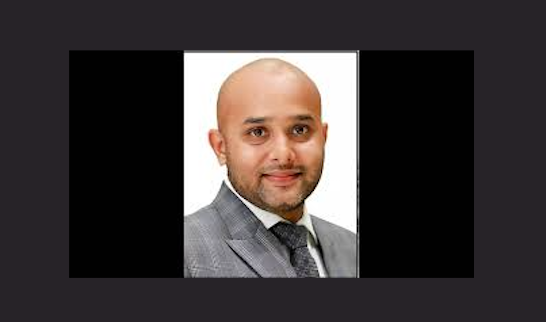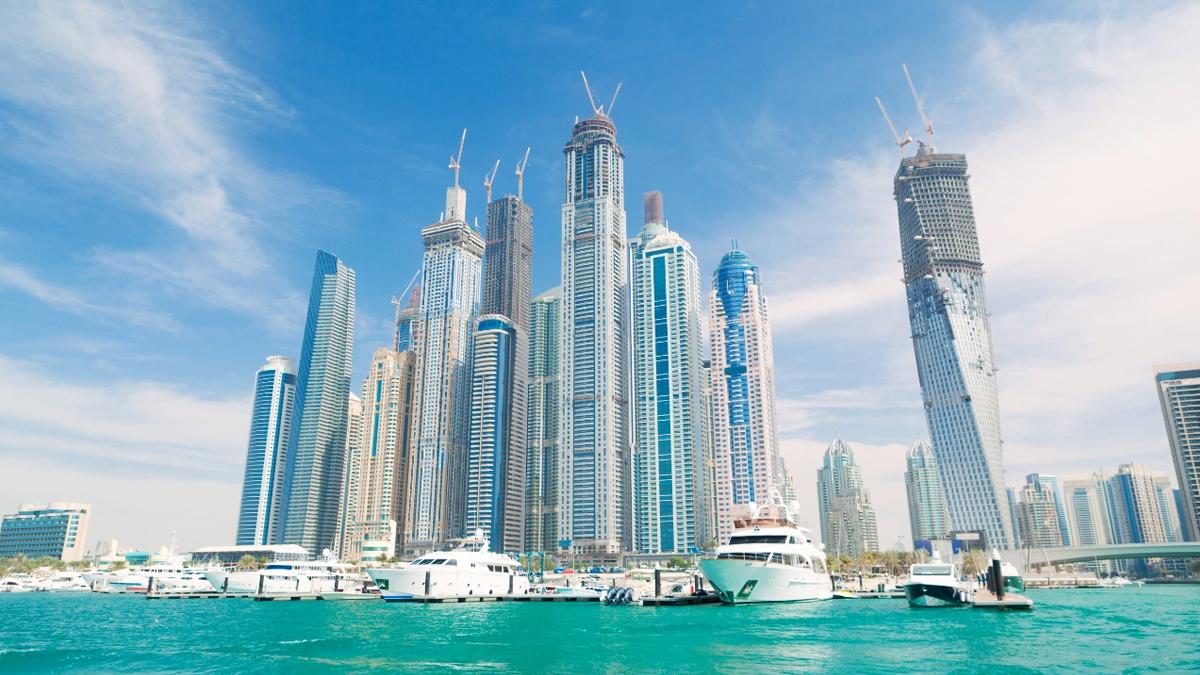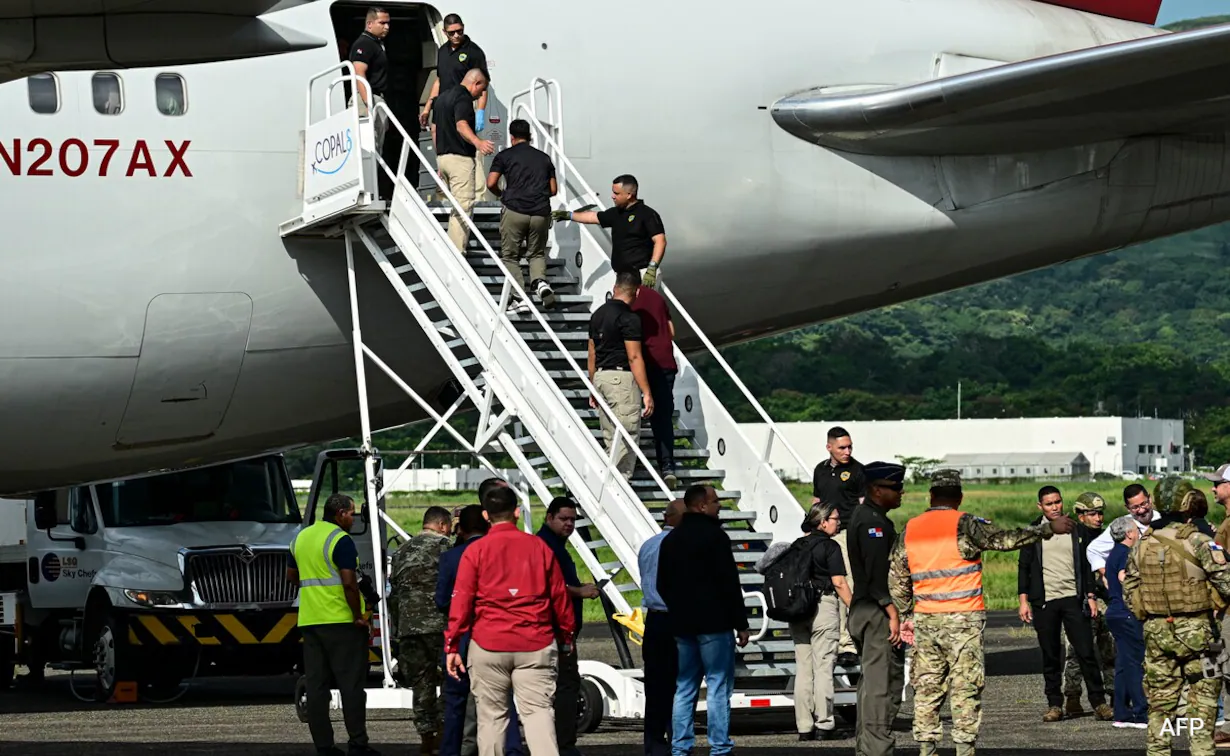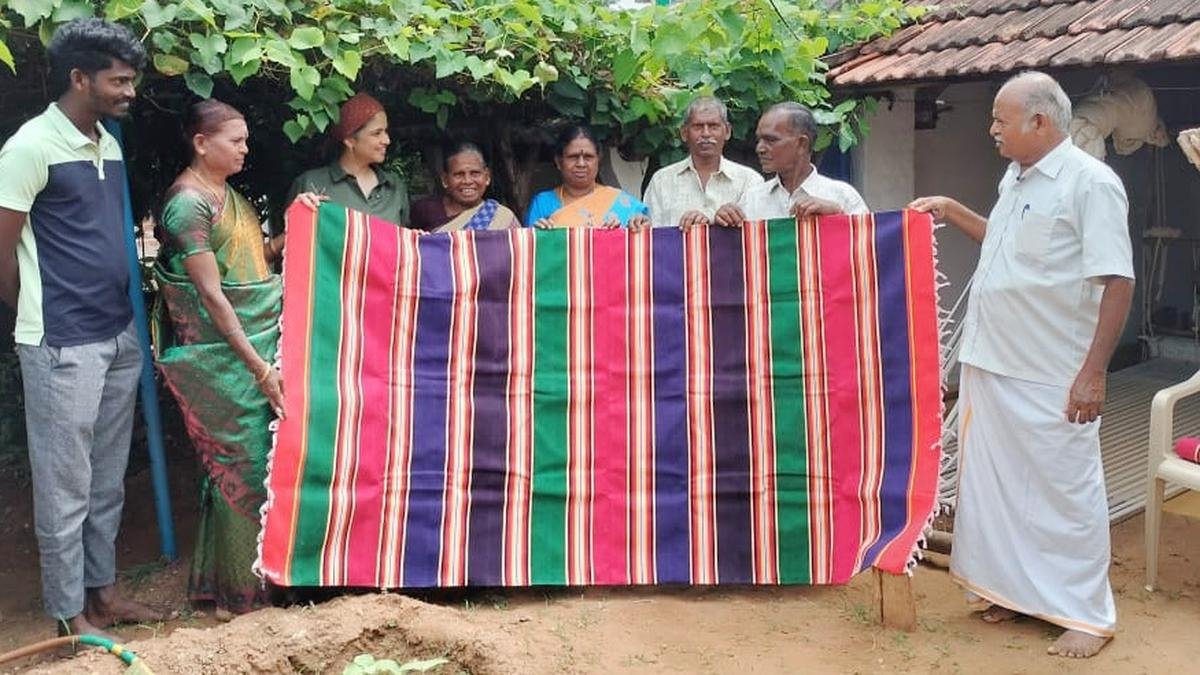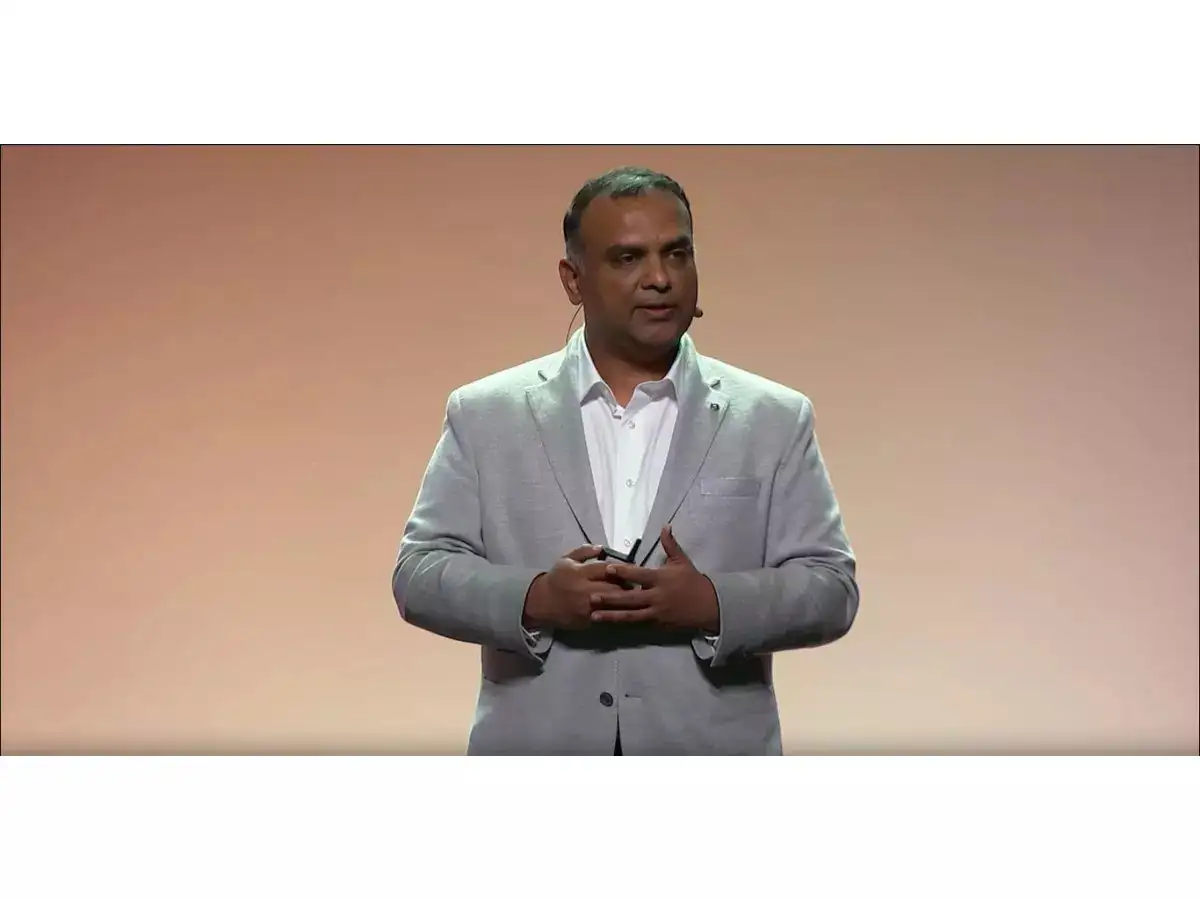The migrant workers’ issues require more than just political will—it calls for comprehensive strategies that ensure sustainable mental health care and the protection of human rights for migrant workers and refugees worldwide
The mental health challenges faced by migrant workers and refugees have come under renewed focus, with experts calling for urgent reforms to address their critical needs. Migrants, particularly those working in Gulf countries, and refugees face exploitation, poor working conditions, and significant mental health struggles, according to specialists in a recent panel discussion, reported thehindu.com.
The report cited Vani Saraswathi, Director of Projects at Migrant-Rights.org, who highlighted the harsh realities faced by Indian migrant workers in Saudi Arabia, the UAE, and Qatar. She emphasized that although Indian workers may be in slightly better conditions compared to those from countries like Nepal, they still face low wages, restricted mobility, and minimal legal protections, creating a precarious environment.
“Migrants, particularly those working in Gulf countries, and refugees face exploitation, poor working conditions, and significant mental health struggles.”
RK Radhakrishnan, Senior Associate Editor of Frontline, was quoted as suggesting the compounded challenges of refugees, noting that climate emergencies have worsened displacement issues globally. He specifically mentioned the plight of Sri Lankan refugees in India, whose qualifications often do not translate into better employment opportunities, leaving them underemployed despite their education.
Selin Mathews from the United Nations Human Rights Council (UNHRC) echoed these concerns, emphasizing that while advocacy efforts like the UNHCR’s ‘Anjuman’ program provide some support, refugees continue to struggle with access to adequate mental health care. Language barriers and limited resources further hinder their ability to seek help.
Preetha Krishnadas from The Banyan underscored the systemic gap between mental health support and the lived realities of these vulnerable populations. As migration and refugee crises continue to escalate, experts agree that immediate attention must be given to the mental health dimensions of these challenges.
***********************************************************
Readers
These are extraordinary times. All of us have to rely on high-impact, trustworthy journalism. And this is especially true of the Indian Diaspora. Members of the Indian community overseas cannot be fed with inaccurate news.
Pravasi Samwad is a venture that has no shareholders. It is the result of an impassioned initiative of a handful of Indian journalists spread around the world. We have taken a small step forward with the pledge to provide news with accuracy, free from political and commercial influence. Our aim is to keep you, our readers, informed about developments at ‘home’ and across the world that affect you.
Please help us to keep our journalism independent and free.
In these difficult times, running a news website requires finances. While every contribution, big or small, will make a difference, we request our readers to put us in touch with advertisers worldwide. It will be a great help.
For more information: pravasisamwad00@gmail.com

